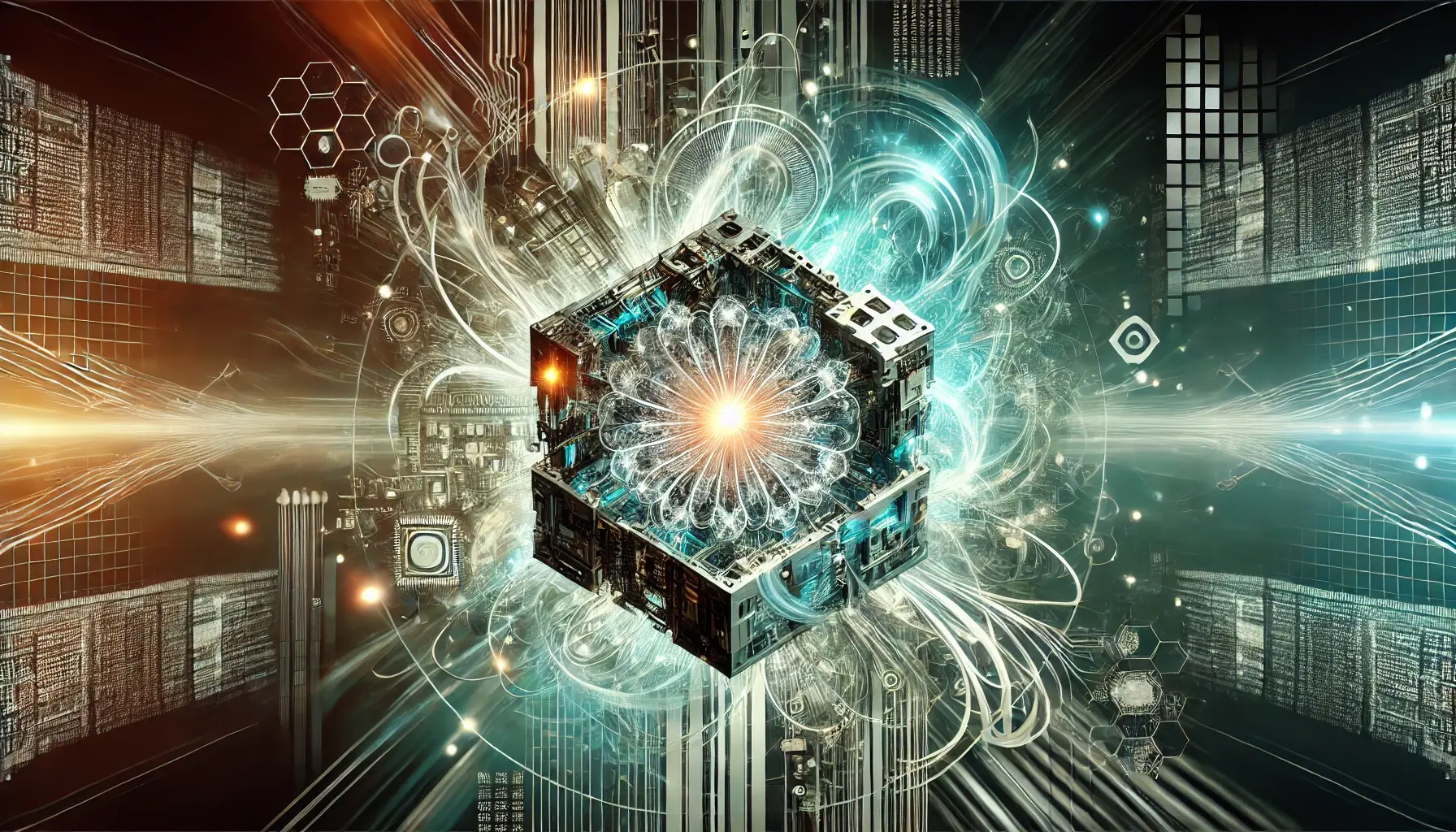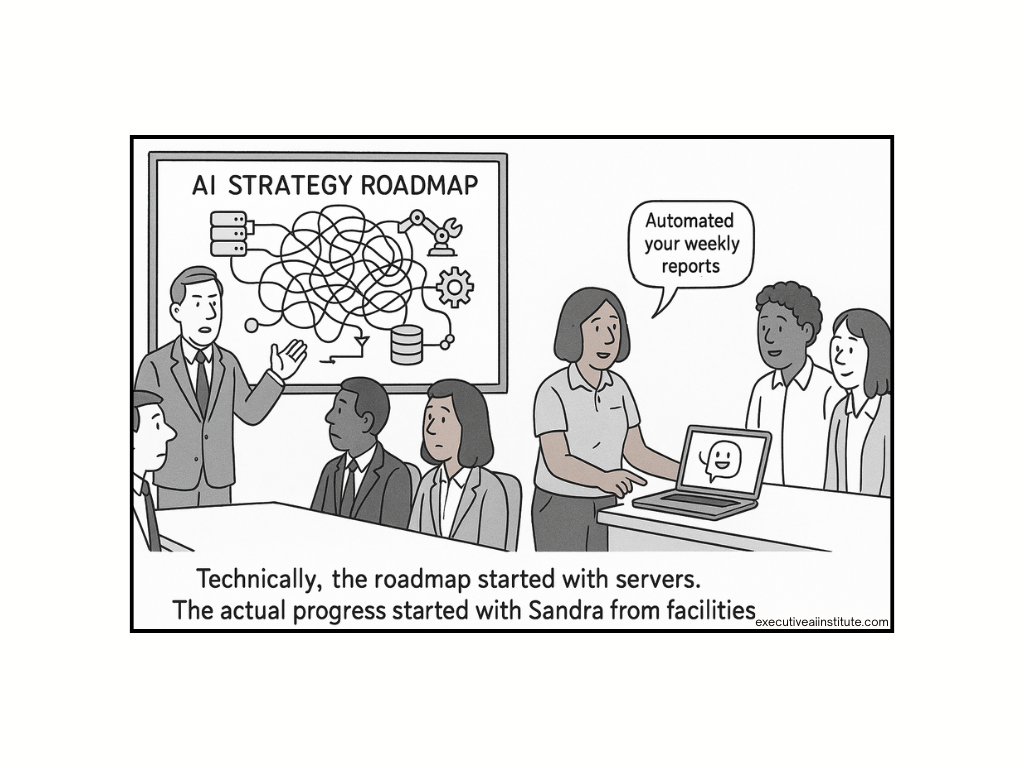In today's tech-driven world, artificial intelligence (AI) has become the buzzword du jour. From Silicon Valley giants to startups, everyone seems to be touting their AI capabilities. But what exactly is AI, and why is it causing such a stir? Let's dive into the world of artificial intelligence, decoding the jargon and exploring its potential impact on our future.
What is Artificial Intelligence?
Artificial intelligence, often abbreviated as AI, is a branch of computer science dedicated to creating systems that can think and act like humans. However, the term has evolved beyond its academic roots and is now used more broadly to describe a range of technologies and applications.
Understanding the Basics
- AI is not a single technology but a field encompassing various approaches to making machines intelligent.
- The goal of AI is to create systems that can learn, reason, and solve problems.
- Current AI applications range from voice assistants to autonomous vehicles.
As companies race to incorporate AI into their products and services, the term has become somewhat of a marketing buzzword. This has led to confusion about what truly qualifies as AI and what's simply clever programming.
Recognising Different Types of AI
Machine Learning: A subset of AI that focuses on teaching computers to learn from data and improve their performance over time.
Artificial General Intelligence (AGI): The holy grail of AI research, AGI refers to systems that can match or surpass human intelligence across a wide range of tasks.
Generative AI: This exciting new field of AI can create new content, such as text, images, and even music.
The rise of generative AI tools like ChatGPT and DALL-E has captivated the public imagination, showcasing the potential of AI to augment human creativity and productivity.
Be Aware of AI's Limitations
Hallucinations: AI systems can sometimes produce confident but incorrect responses, known as hallucinations.
Bias: AI models can inherit and amplify biases present in their training data, leading to unfair or discriminatory outcomes.
Data Dependency: The performance of AI systems is heavily reliant on the quality and quantity of data they're trained on.
Understanding these limitations is crucial for responsible development and deployment of AI technologies.
The Building Blocks of AI
To truly grasp the potential and challenges of AI, it's essential to understand the key components that make these systems work.
Get to Know AI Models
- AI models are the brains behind intelligent systems, trained on vast amounts of data to perform specific tasks.
- Large Language Models (LLMs) like GPT-4 are powering many of the conversational AI tools we use today.
- Diffusion models are behind the recent breakthroughs in AI-generated images.
The complexity and scale of these models are often measured in parameters, with larger models generally capable of more sophisticated tasks.
Understand the Training Process
- Training is how AI models learn to understand and process data.
- This process requires significant computational resources, often utilizing powerful GPUs.
- The quality and diversity of training data directly impact the model's performance and potential biases.
The Hardware Powering AI
The rapid advancement of AI wouldn't be possible without parallel developments in computing hardware.
Recognise the Importance of Specialised Hardware
- Nvidia's H100 chip has become the gold standard for AI training, powering many of the world's most advanced AI systems.
- Neural Processing Units (NPUs) are bringing AI capabilities to consumer devices like smartphones and laptops.
- The race for AI supremacy is driving innovation in chip design, with many tech giants developing their own AI-specific processors.
The AI Ecosystem
The AI landscape is populated by a diverse array of companies, from tech giants to innovative startups.
Know the Key Players
- OpenAI's ChatGPT sparked the current AI boom and continues to push the boundaries of what's possible.
- Tech giants like Google, Microsoft, and Meta are integrating AI across their product lines.
- Newcomers like Anthropic and xAI are challenging established players with novel approaches to AI development.
As AI technology continues to evolve at a breakneck pace, staying informed about the latest developments and understanding the underlying concepts will be crucial for anyone looking to navigate our increasingly AI-driven world.

.png)


